Proteases
Proteases, also known as peptidases or proteolytic enzymes, consists of a large number of enzymes catalyzing the hydrolysis of peptide bonds and subsequently resulting in the degradation of protein substrates into amino acids. Proteases are involved in a wide range of human diseases, including cancer, neurodegenerative disorders, inflammatory diseases and cardiovascular diseases. Thus numerous proteases inhibitors (small molecules and proteins) have been identified to block activity of proteases. Proteases inhibitors can be classified into different types based on the class of proteases they inhibit through two general mechanisms, irreversible “trapping” reactions and reversible tight-binding reactions. Proteases inhibitors have been used as diagnostic or therapeutic agents for the treatment of proteases-related diseases.
-
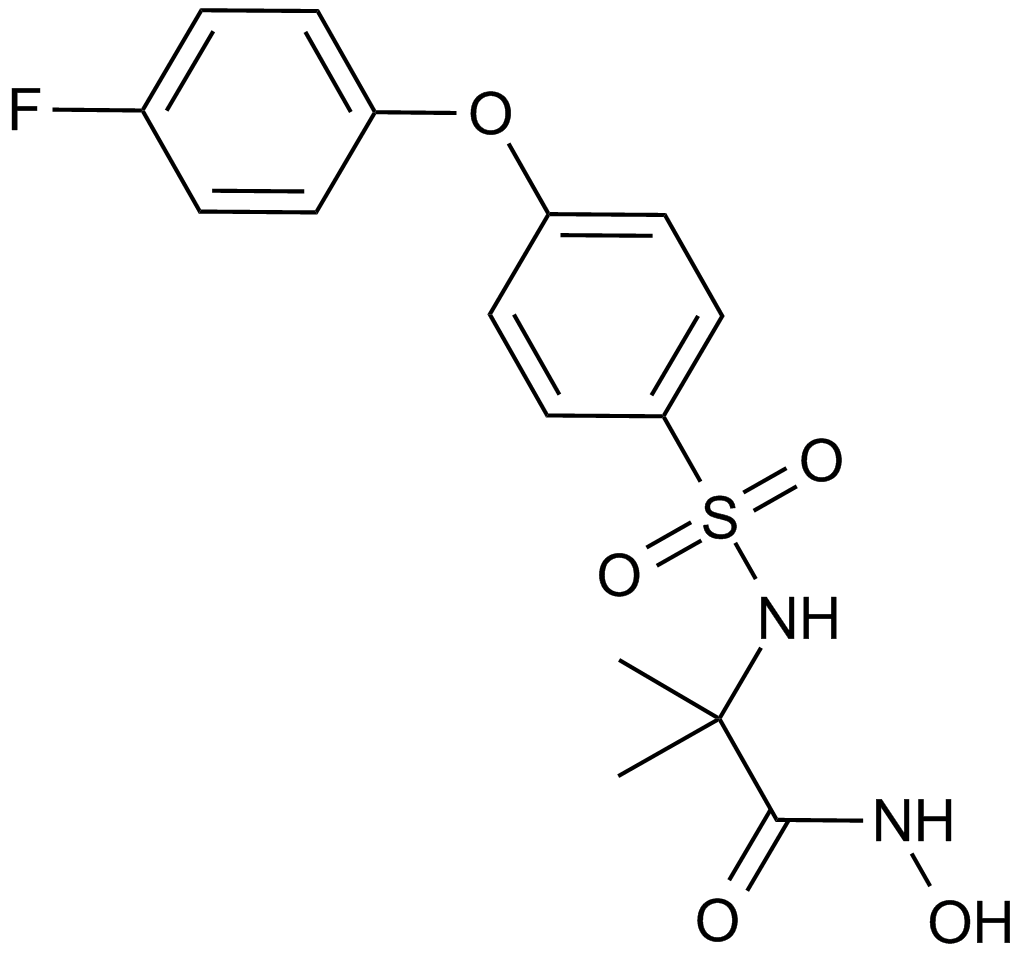 A4435 CP 471474Summary: Broad spectrum MMP inhibitor
A4435 CP 471474Summary: Broad spectrum MMP inhibitor -
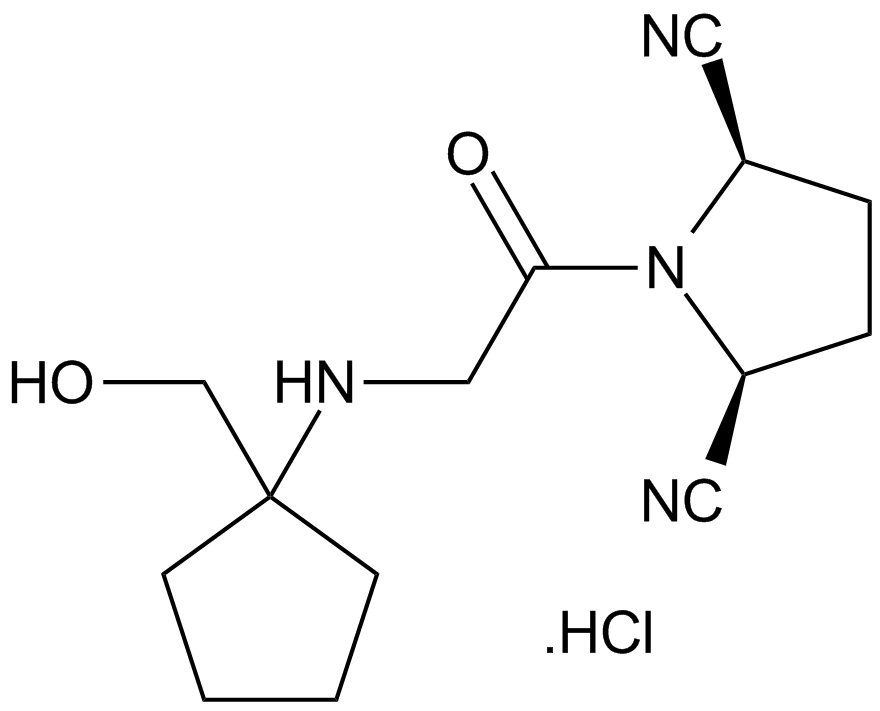 A4425 DPPI 1c hydrochlorideSummary: DPP-IV Inhibitor
A4425 DPPI 1c hydrochlorideSummary: DPP-IV Inhibitor -
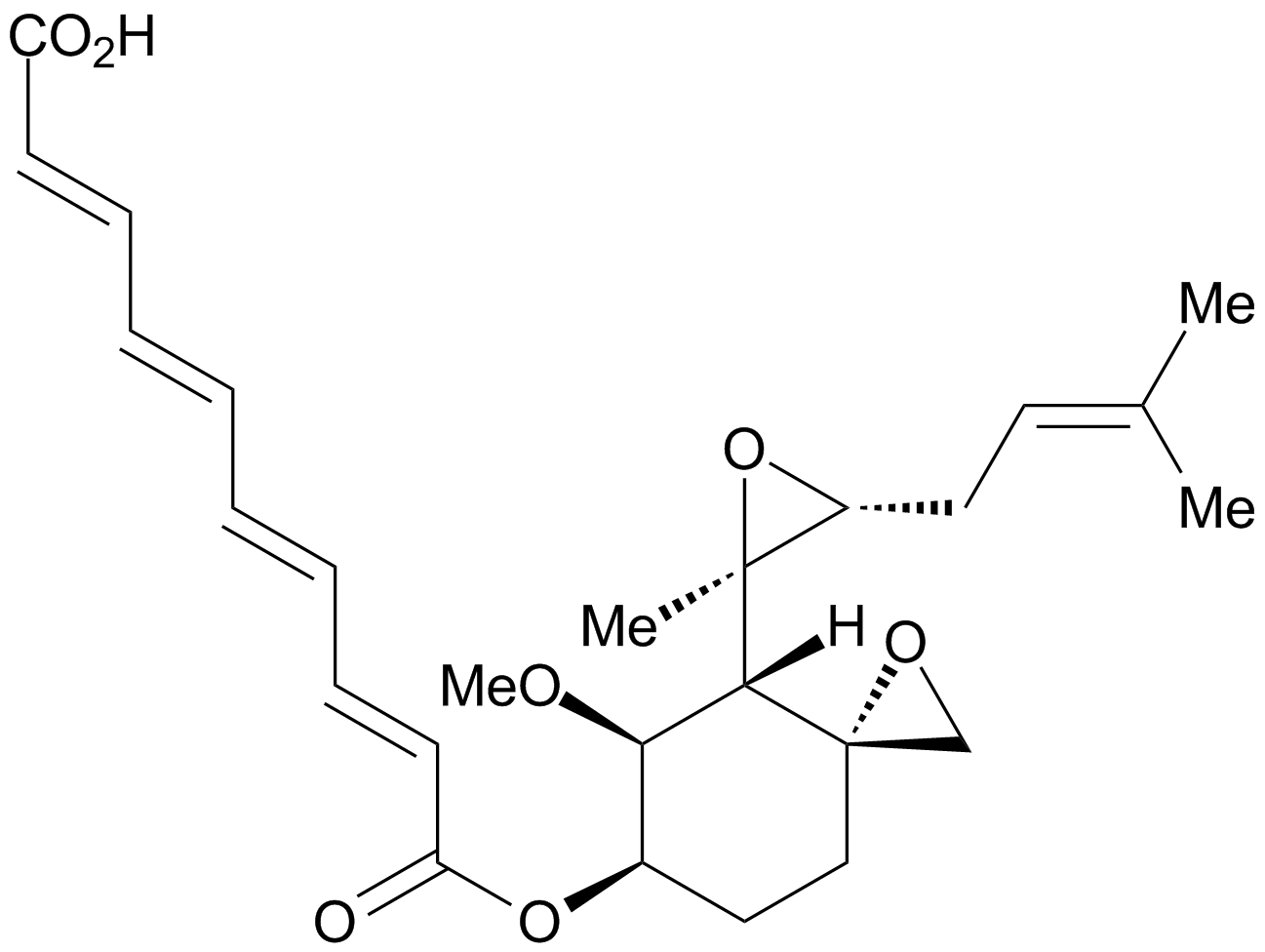 A4407 FumagillinSummary: Antibiotic and antiangiogenic agent
A4407 FumagillinSummary: Antibiotic and antiangiogenic agent -
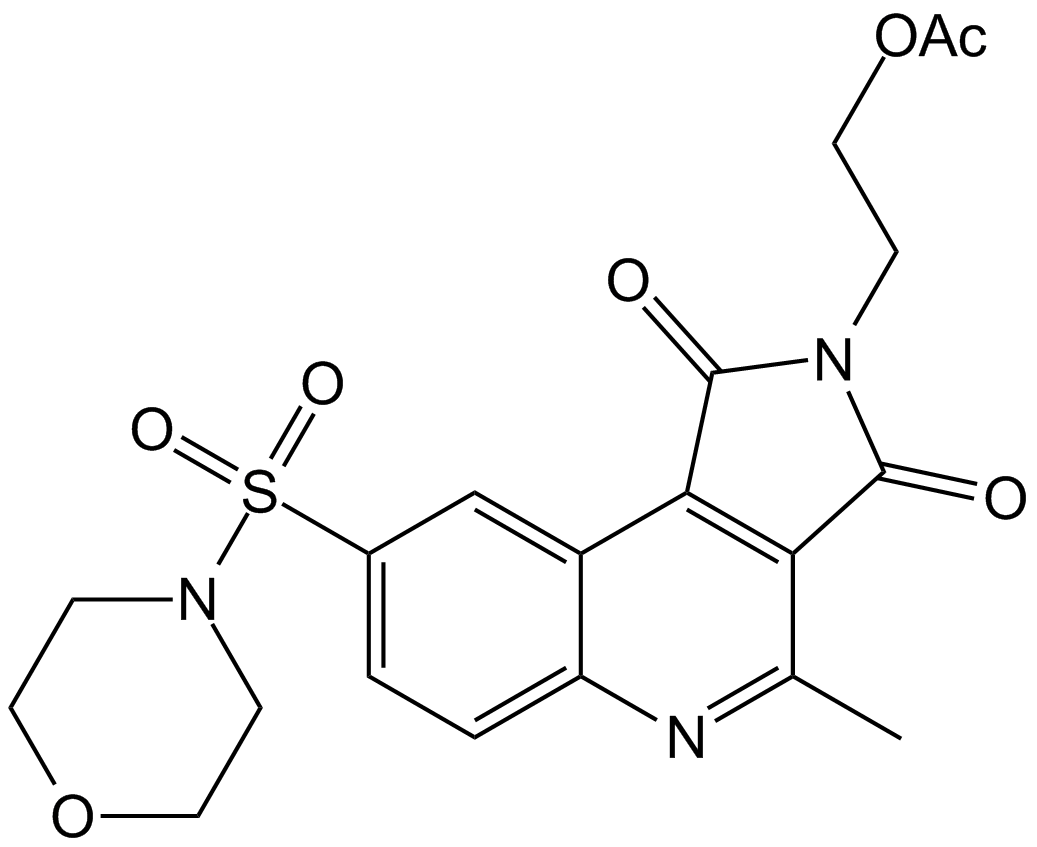 A4417 IvachtinSummary: Caspase-3 inhibitor
A4417 IvachtinSummary: Caspase-3 inhibitor -
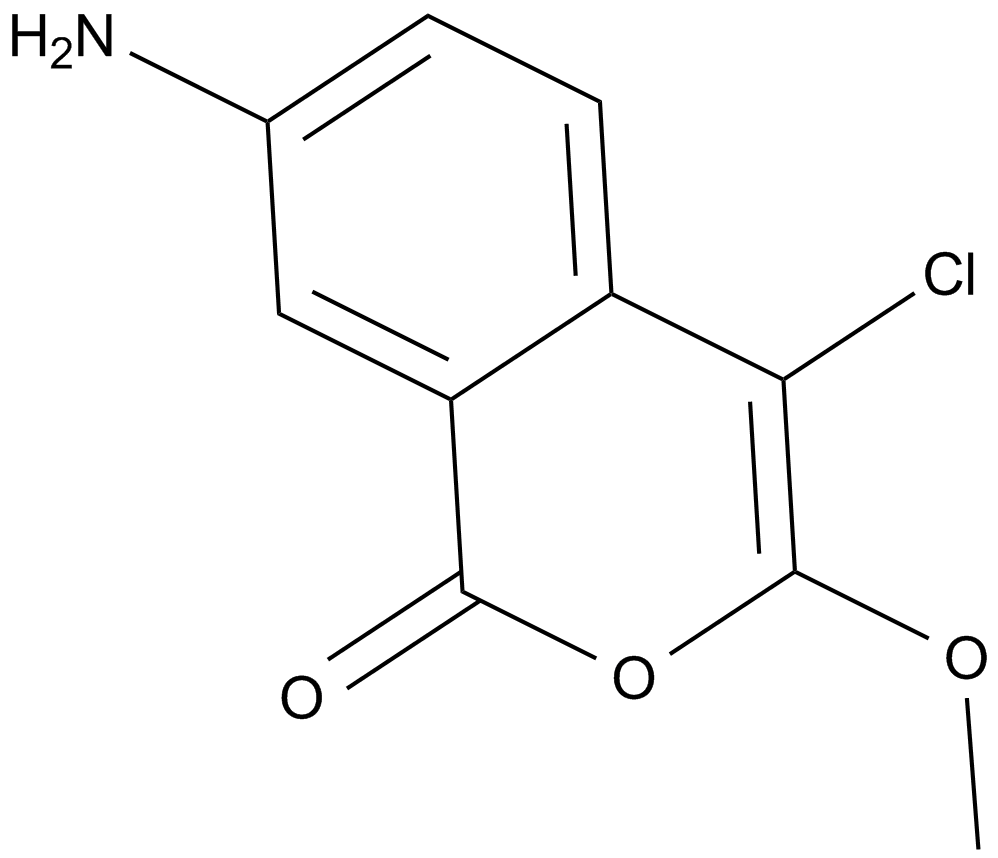 A4403 JLK 6Summary: γ-secretase inhibitor
A4403 JLK 6Summary: γ-secretase inhibitor -
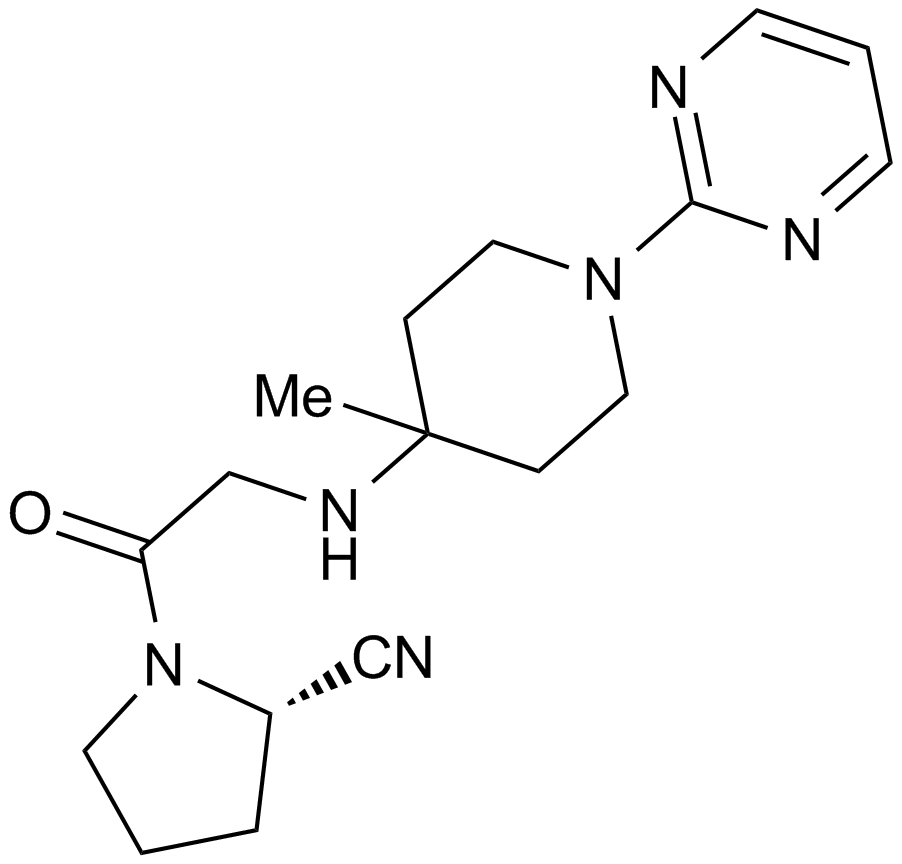 A4426 K 579Summary: Dipeptidyl peptidase IV inhibitor
A4426 K 579Summary: Dipeptidyl peptidase IV inhibitor -
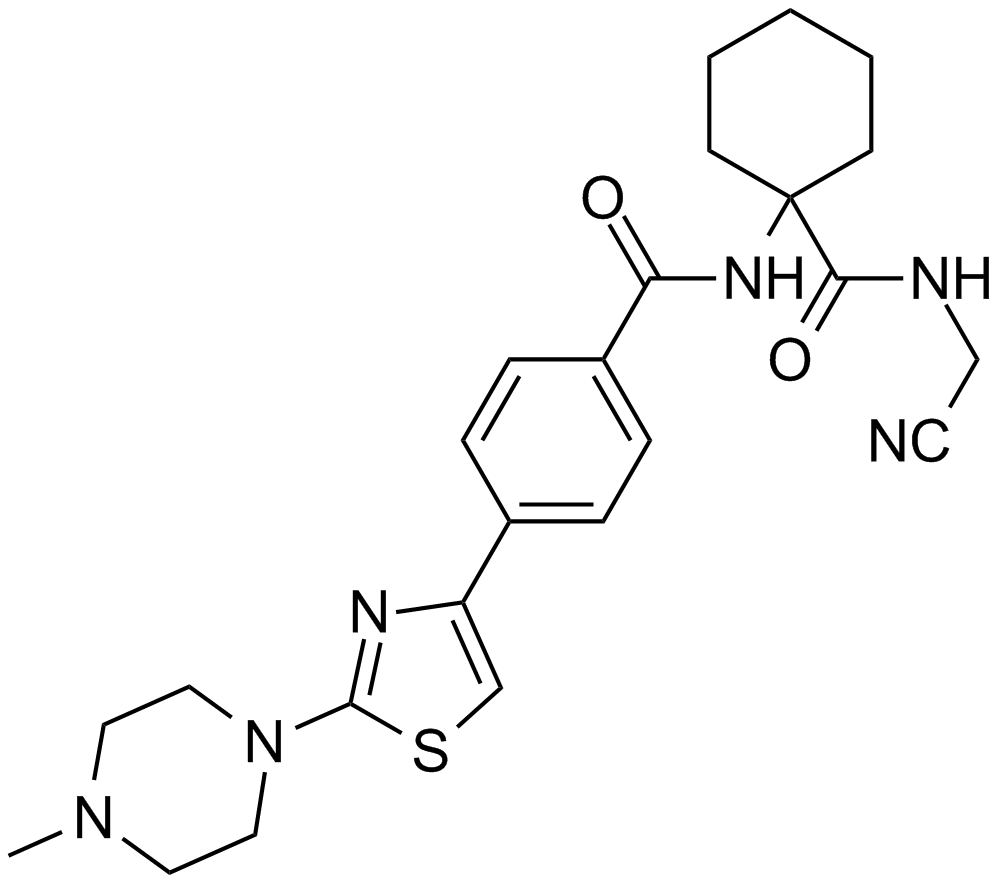 A4422 L 006235Summary: Cathepsin K inhibitor
A4422 L 006235Summary: Cathepsin K inhibitor -
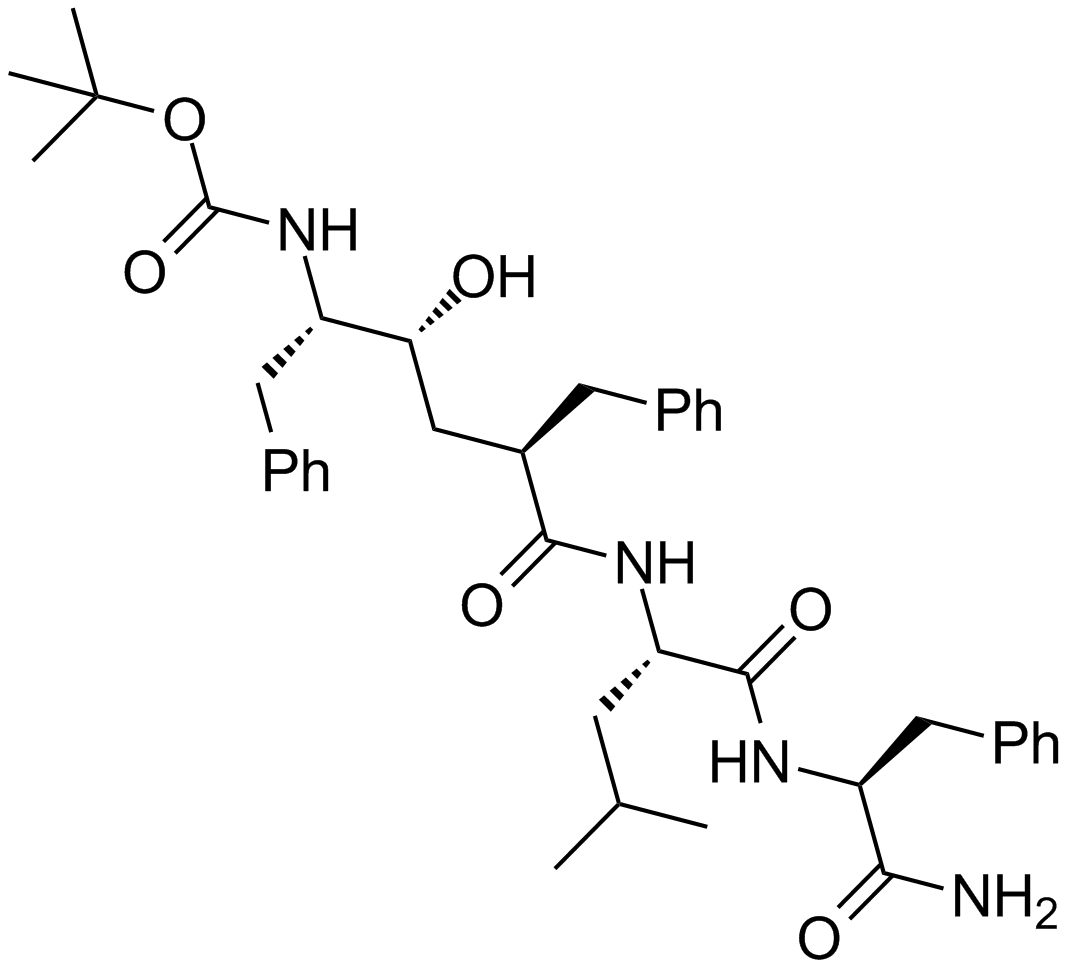 A4404 L-685,458Summary: γ-secretase inhibitor
A4404 L-685,458Summary: γ-secretase inhibitor -
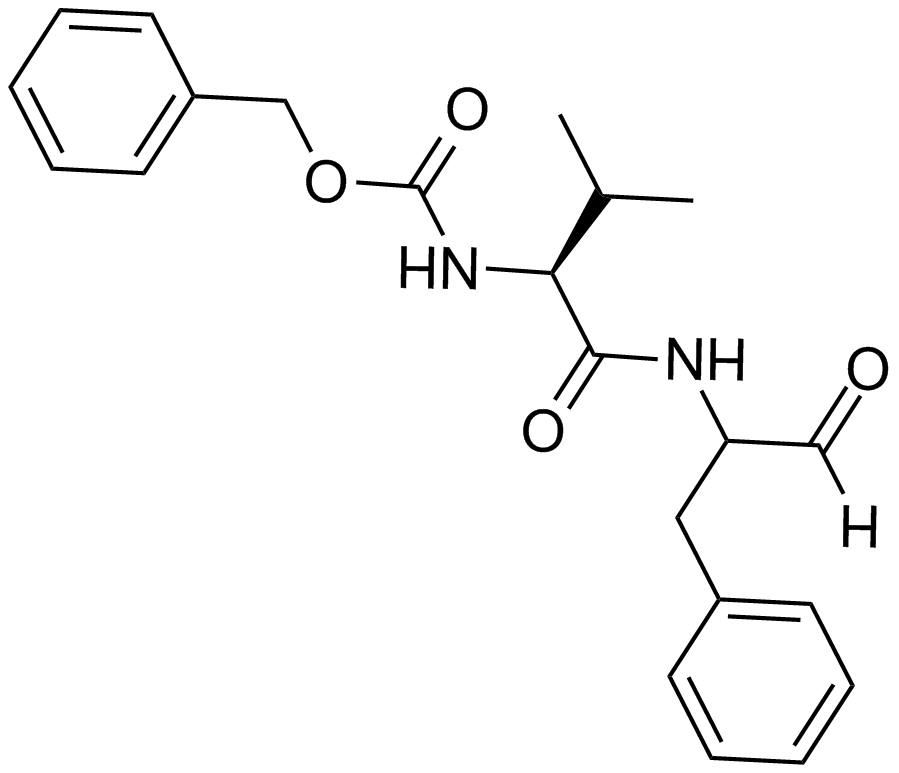 A4412 MDL 28170Target: Cathepsins|CalpainsSummary: Calpain and cathepsin B inhibitor, selective
A4412 MDL 28170Target: Cathepsins|CalpainsSummary: Calpain and cathepsin B inhibitor, selective -
 A4405 MRK 560Summary: γ-secretase inhibitor
A4405 MRK 560Summary: γ-secretase inhibitor

